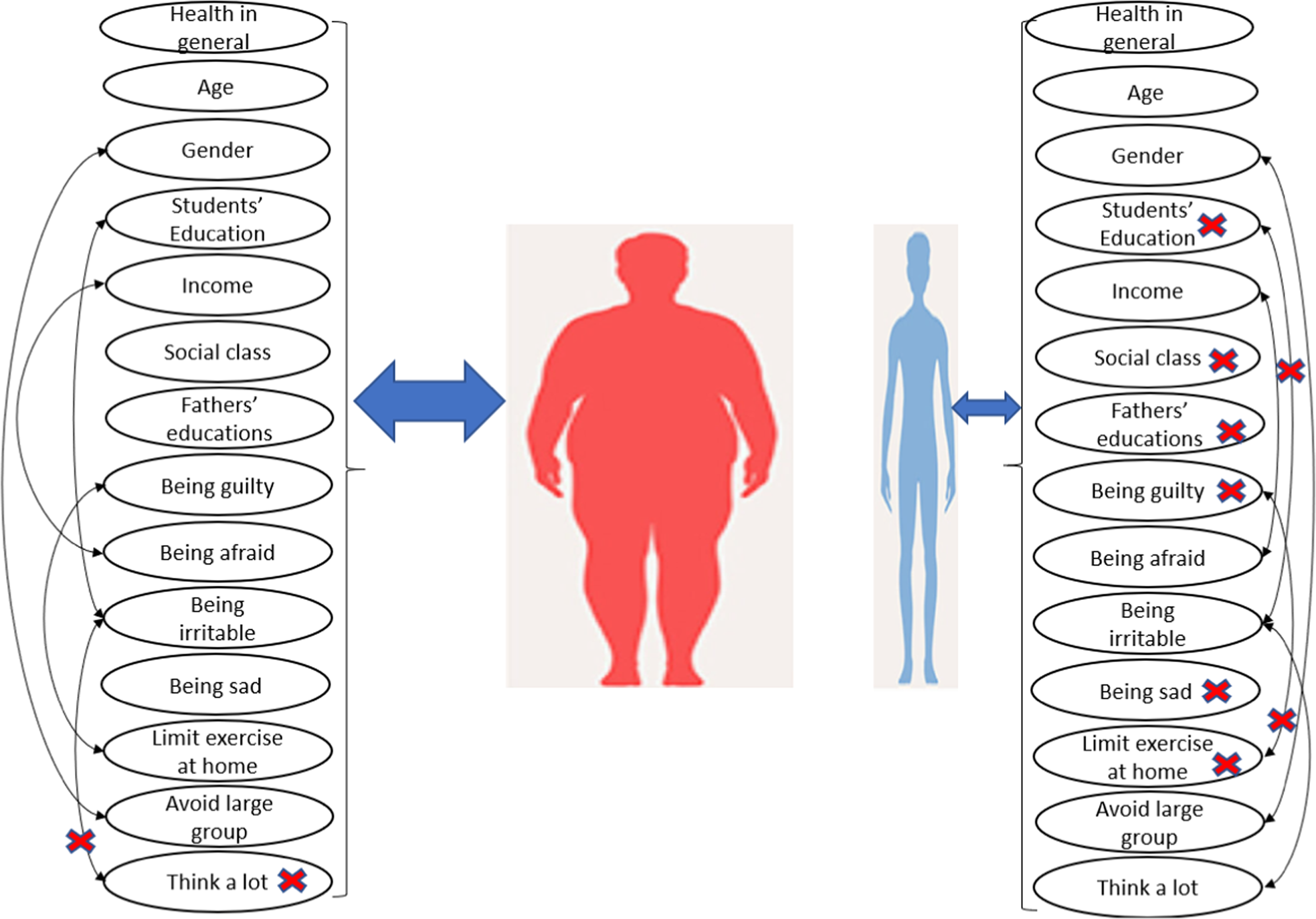
The global crisis created by Covid-19 has highlighted both the critical importance of good healthcare and the problems faced by the industry itself.
Modern medicine has enabled scientists to sequence the coronavirus within weeks. In many countries, a combination of public safety measures helped to limit its transmission. The first effective vaccines were being deployed before the end of 2020.
Table of Contents
But All Wasn’t Well On An Institutional Level.
Experts had predicted the pandemic years in advance, yet not enough people listened or took action to prevent it effectively.
The availability of vaccines gave rise to controversy regarding their distribution and who should get priority. Certain demographics seemed to be more susceptible. Meanwhile, studies revealed that care providers were being drained physically and emotionally by their role in this unprecedented crisis.
The average person may not be able to do much about these healthcare challenges, but they provide a valuable lesson that’s becoming increasingly relevant in our lives.
The Burden Of Personal Care
On an individual level, the pandemic has given many of us hands-on experience as caregivers. Maybe you have a close friend or family member who was diagnosed with Covid-19. More likely, though, you’ve had to deal with health issues pertaining to the fallout from this crisis.
People have lost their jobs or struggled to adjust to working in a virtual environment. Staying at home often translates to more sedentary habits. The wearing of face masks, observing social distancing, and interacting more through online communications can reduce our sense of social support.
All of these things add up to considerable stress on our physical and mental health. It makes people more likely to get sick. As the pandemic still looms over the world, there is an understandable shortage of professional care services. That puts us in the position of ad hoc caregiver for our loved ones.
The problem is that this burden was already a growing trend even before the pandemic. The cost of professional caregivers has been rising over the years. Yet so have the out-of-pocket expenses and opportunity costs tied to the decision to take care of your loved ones.
Watching Out For Our Health
Realistically, though, many people simply have no other option than to dedicate themselves to providing personal care for a variety of medical issues.
After consulting with doctors, we can follow their guidelines for patient care. We can also draw upon reliable medical advice from authoritative online sources.
But we need to keep in mind that, despite the sophistication of modern medicine, it is not exhaustive. Medical advice tends to be focused on the patient. It seldom takes into account the possibility that the caregiver is also having a problem.
Like the healthcare front-liners during the pandemic, we need to forestall the higher-order problems that come with rising to the challenge. We need to pay better attention to our own condition, how we’re feeling, and how we deal with the strain of providing care.

After all, when other people depend on you to care for them, it can hardly improve matters if your health starts to decline.
Finding Relief With Technology
Though healthcare professionals faced unprecedented demands with the pandemic, they also have ways to alleviate the burden. Once alerted to the dangers, their respective organizations can provide the necessary support. Effective systems for electronic medical records can lighten their individual workloads as well.
A personal caregiver can find similar forms of support. By communicating openly with your network of friends, family, and neighbors, you raise the awareness of the people you interact with each day. They can keep an eye out for any signs of fatigue or strain on your part.
However, one crucial asset at our disposal in today’s world comes from the realm of technology. There are digital health tools that increase our ability to interface with doctors and hospitals.
An institution that provides a remote-access web portal to patients and their families will reduce one more barrier to effective communication. Some providers have an app that facilitates scheduling appointments and reduces the delay in getting the help you need. Now that the pandemic has made remote working commonplace, more doctors entertain virtual consultation.
These technologies don’t just improve behind-the-scenes efficiency for providers. They make it easier to hold constant two-way communication between professionals and family caregivers. It reduces the load on your end. And it keeps you in touch with experts who can pick up on stress-related cues and refer you to the assistance you need.
Engage with a provider that acknowledges the increasing role played by family caregivers and offers such technology-driven forms of support. It’s a simple and effective way to lighten your burden and stay healthy so that you can better care for your loved ones.


:max_bytes(150000):strip_icc()/hypersexuality-f7219c0faf93488b82402d4f9d20e454.jpg)


